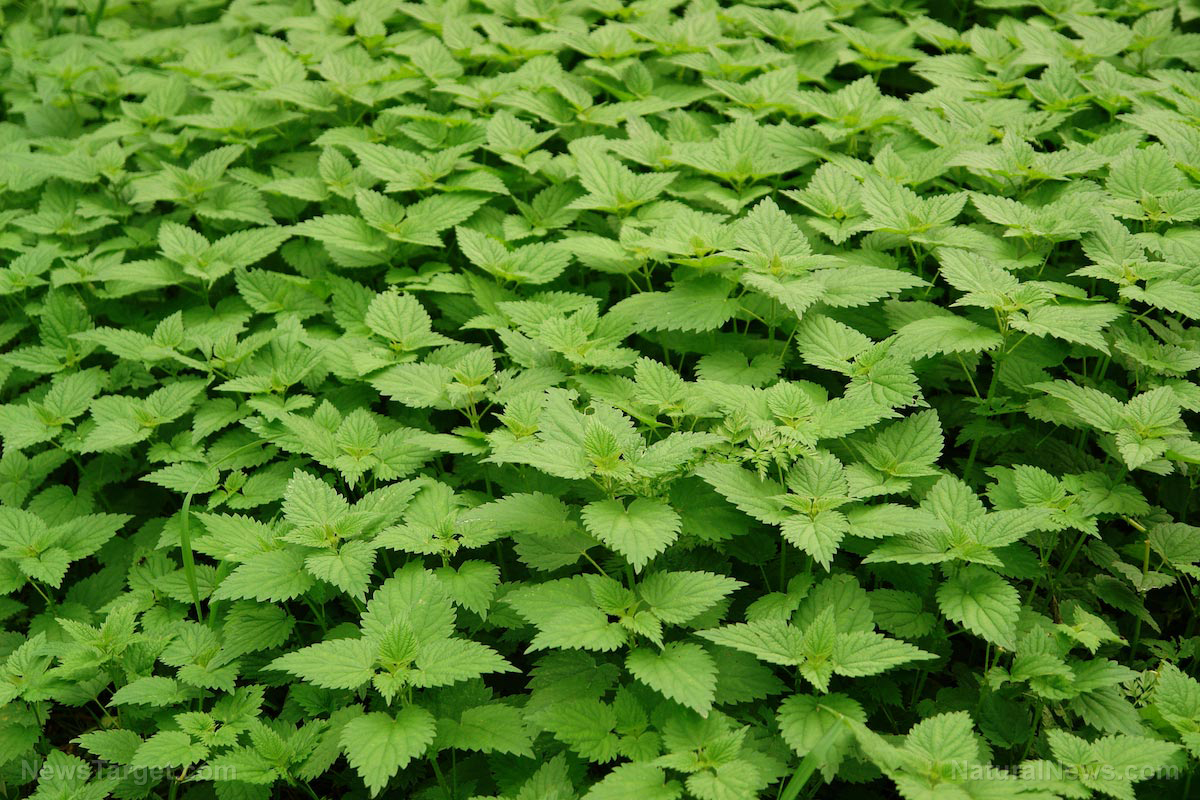
What is a stinging nettle?
The stinging nettle is a fairly common plant, which grows in different parts of North America. Its pointy leaves cause a stinging, burning feeling when touched. This can result in itchiness, redness and swelling.
It is most probably because of this effect that it gained its scientific name, Urtica dioica. It comes from the Latin word uro, which means "to burn." The burning sensation is caused by inflammatory chemicals – histamine and formic acid – found in its leaves.
Despite its reputation, it has been used as a remedy in various cultures: The ancient Egyptians used it for arthritis, while the Romans used it to keep themselves warm. Today, stinging nettles are made into supplements in the form of tablets and oils so people can enjoy its health benefits without the burning reactions.
Here are some of the health benefits offered by stinging nettles.
1. Relieves osteoarthritis
Stinging nettle hairs contain compounds that may help reduce inflammation and offer relief for people with osteoarthritis (OA).
In one study, researchers gathered 81 participants who had OA and divided them into two groups. They gave tablets comprised of fish oil, vitamin E and stinging nettle to one group, and a placebo to the other. The former group reported alleviated symptoms of OA and decreased their use of analgesics.
Another study revealed that mixing stinging nettle extract with topical cream offers pain relief from arthritis.
2. Treats enlarged prostate
An enlarged prostate is also called benign prostate hyperplasia (BPH), and it causes significant discomfort for men while urinating. Even though up to 50 percent of men older than 51 may experience it, scientists have not determined the cause for it.
Some studies suggest that stinging nettle may help treat BPH. In one mice study, its findings revealed that stinging nettles may prevent testosterone from converting into dihydrotestosterone, a hormone involved in BPH. (Related: Stinging Nettle is effective in treating BPH, arthritis, and aids post-partum mothers.)
3. Prevents allergies
Plants release pollens in the air during growing seasons. Pollens are major triggers of allergic reactions. These allergens trigger the body to produce histamine, an inflammatory compound.
Some studies report that stinging nettles could be an effective remedy for allergic reactions.
In one study, researchers conducted in vitro experiments to see how nettle extracts fare against histamine. They found that the extract inhibited the production of histamine and related inflammation, thus preventing allergic reactions.
The results in human studies were not as potent. In one study examining nettle's effects on allergic rhinitis, researchers found that stinging nettle only had similar or slightly better results than a placebo.
4. Regulates blood sugar levels
There are some studies that link stinging nettle and lower blood glucose levels. This link is observed in both animal and human studies. One study suggested that stinging nettle may contain compounds that work similarly to insulin.
In line with its ability to reduce blood sugar levels, some studies propose that stinging nettles can be used to manage diabetes. In one animal study, researchers administered U. dioica (UD) to diabetic rats. They found that UD treatment helped restore plasma insulin levels, thus improving blood sugar levels.
At this point, it is important to note that all these benefits are not yet conclusive. Researchers emphasize the need for more studies on stinging nettles to verify their findings. As they strive to gain more understanding of this plant, make sure to first consult your healthcare provider before using stinging nettle as a remedy. While it is beneficial in moderate amounts, too much can have the opposite effect.
Sources include:
Arthritis-Research.BiomedCentral.com
Please contact us for more information.























